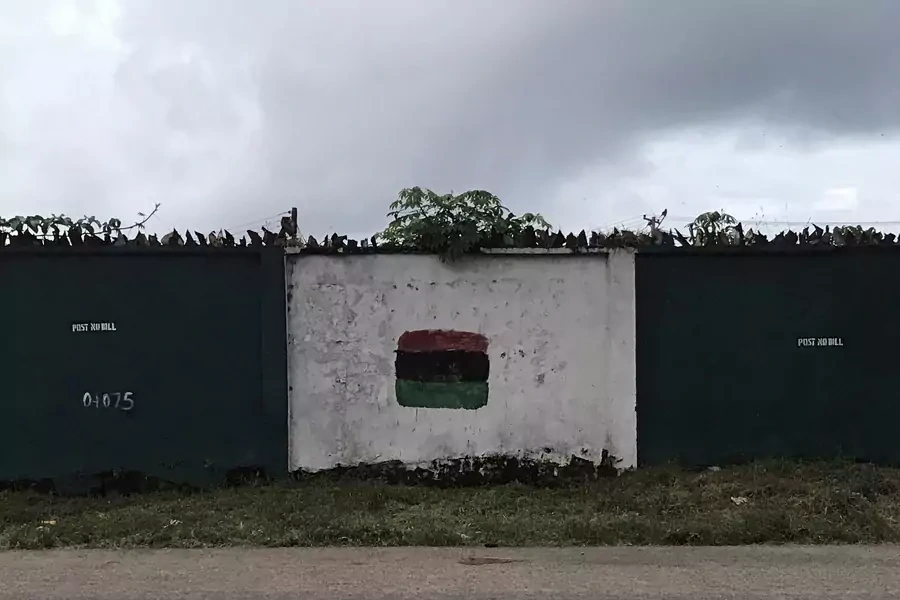Nigerian Government Threatens to Use the Hammer in the South East

Following President Muhammadu Buhari's May 11 meeting with the military service chiefs and the inspector general of police, Nigerian military sources confirmed that some troops were being moved from Borno State, where they have been engaged with Boko Haram and other jihadis, to the South East, to counter "bandits" and the regional separatist organization, the Indigenous People of Biafra (IPOB), along with its security force, the Eastern Security Network (ESN). The army and police have sustained increased casualties in the South East, so aircraft—including combat helicopters—will be "deployed to conduct massive raids" on the hideouts of "criminals" from the IPOB and ESN. Another source suggested traditional rulers, community heads, and chiefs could be arrested to warn them against "conniving with the agitators." The police announced yesterday the launch of Operation Restore Peace to confront the IPOB and ESN.
So, rather than a counterinsurgency approach to Igbo separatism with a political dimension, the federal government is resorting to military and police force. The use of helicopters and other aircraft is concerning in that it could—and likely will—result in growing civilian casualties, thereby feeding the very separatist movements that the government is seeking to contain. It will also likely exacerbate ethnic tensions. Military and police personnel are increasingly unwilling to serve in the South East and, if there, unwilling to wear their uniforms, especially if they are not Igbos, the ethnic majority in the region.
More on:
For President Buhari and others of his generation, the central event of Nigeria's post-independence history was the 1967-70 civil war, in which the primarily Igbo separatists attempted to leave the federation and establish an independent state of Biafra. The federal forces defeated Biafra, and the territory was reincorporated into Nigeria; deaths from the fighting and associated disease and famine were up to two million. Hence, successive federal administrations have reacted strongly against any resurgence of Biafran separatism.
More on:
 Online Store
Online Store
